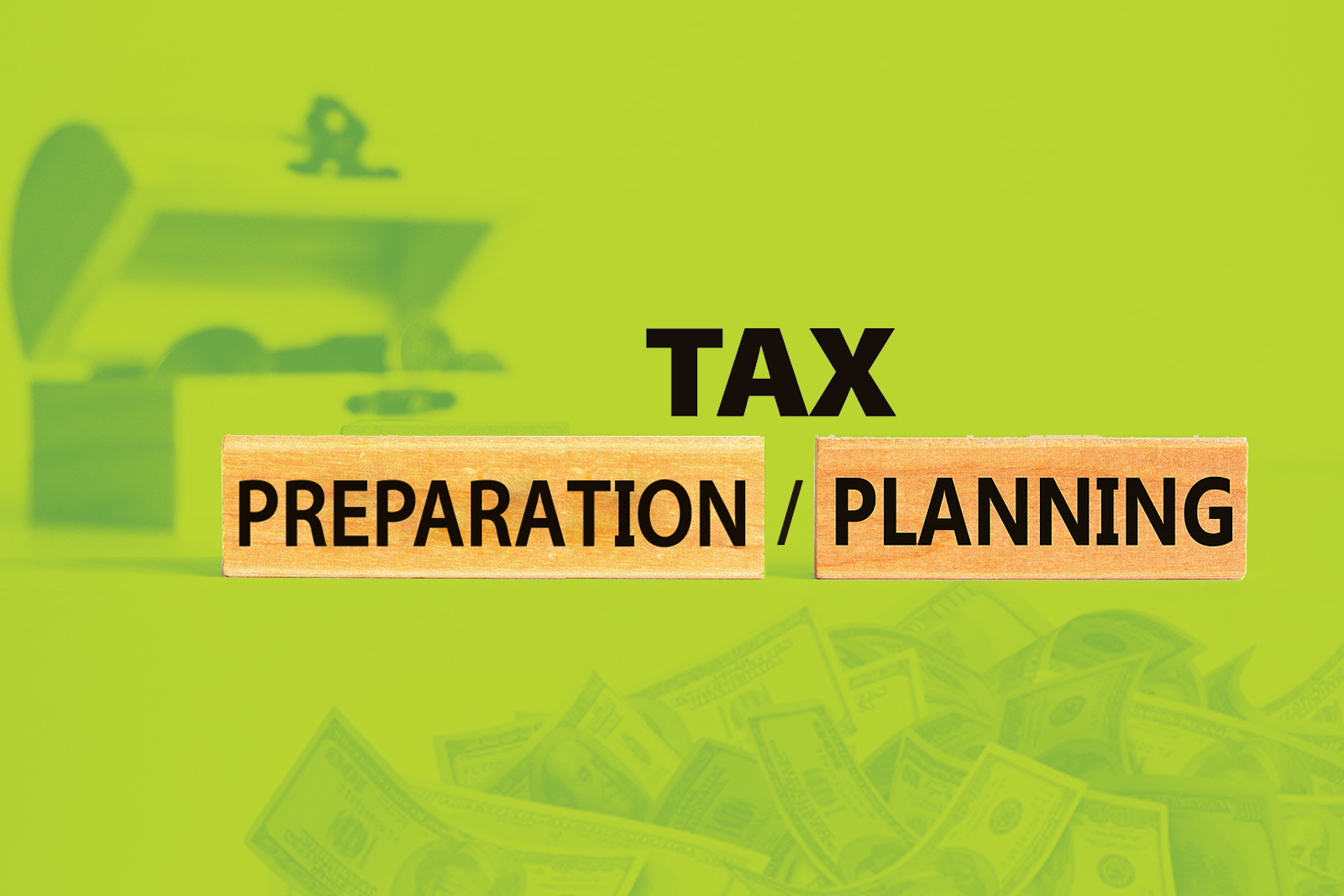
Part 1: Tax Planning for the OBBB: How the New Tax Act Can Benefit Business Owners
After months of waiting, clarity is finally coming. The tax and spending package unofficially known as the “One Big Beautiful Bill” Act (OBBB) has been
Categories
Recent blogs

How your clients can reduce their children’s taxes and get out of debt with the money saved
Taxes can be stressful. The last thing your clients, who probably wear multiple hats, want to do is send more of their hard-earned money to

How Joint Ventures Can Dramatically Grow Your Tax Planning Business
For tax professionals in particular, one pro tip has the potential to alleviate stress and accelerate your business growth: that is to start a joint

Tax Planning Software – Artificial Intelligence or Skill Saw?
By Dominique Molina, CPA MST CTS Have you asked yourself, do I really have to study tax planning? Can’t I just select a software providing

Tax Strategies for Selling an S Corporation: Failing the §302 Stock Sale Tests
As a tax planner, when a client approaches you about selling their S corporation, one of the first questions to ask is whether they are

Tax Strategies for Selling an S Corporation: Planning for an Asset Sale
Even if you have never assisted a client with the sale of a business, as a tax planner you have the potential to provide tremendous

How Partnering with Technical Experts Makes It Easier to Offer Services to Your Clients
Brought to you by Tri-Merit High-performing accounting firms focus on providing high-value, specialized services tailored to their clients’ needs. If you are offering tax planning, that

Ethical Considerations for Tax Professionals: Standards and Penalties for Tax Positions
When tax professionals prepare a tax return, they are typically aiming for the return to be correct “beyond a reasonable doubt.” However, this is hardly

Ethical Considerations for Tax Professionals: Determining Fees
Every tax professional needs to be conscious of how to manage their practice ethically. An important resource in this matter is Circular 230, a publication

Tax Planning Versus Preparation – What is the Difference? – Part 2
By Dominique Molina, CPA MST CTS Tax planning is making shifts in a taxpayer’s financial and business situation, to minimize their tax burden both in

Tax Planning Versus Preparation – What is the Difference? – Part 1
By Dominique Molina, CPA MST CTS Visit social media or google these days and you’ll most likely see advertisements for Tax Planning. But many taxpayers
